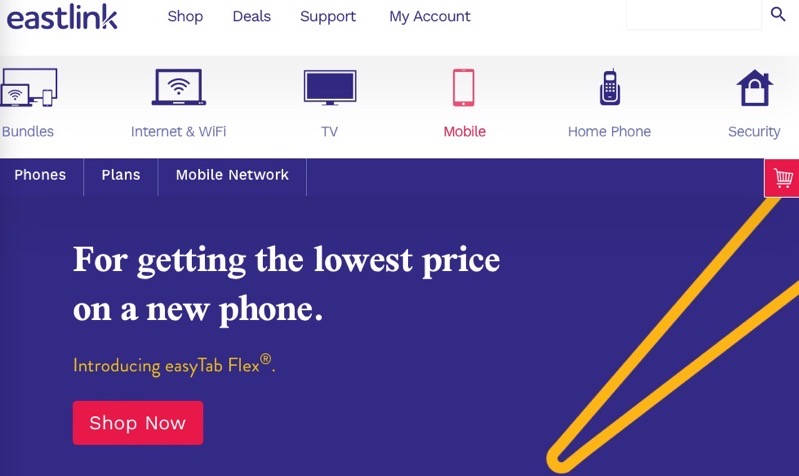
Rogers, Telus, Bell Spend Over $5 Billion in Canada’s 5G Spectrum Auction
Canada’s 3500 MHz 5G spectrum auction concluded last week and Innovation, Science and Economic Development Canada has now published the results on Thursday, which saw the country’s biggest wireless players spent over $5 billion on licenses.
While ISED says the spectrum results “increased spectrum holdings of small and regional providers by over 50% across the country,” the majority of licenses were won by Rogers, Telus and Bell.
- Bell: 271 licenses won for $2,074,088,697
- Rogers: 325 licenses won for $3,325,600,269
- Telus: 142 licenses won for $1,947,488,091
François-Philippe Champagne, Minister of Innovation, Science and Industry, said “Canadians will benefit from higher-quality telecom services at competitive prices as a result of the 3500 MHz spectrum auction,” which began on June 15 and ended on July 23, 2021.
Known as mid-band 5G, 3500 MHz, or 3.5GHz is one of the most popular commercial 5G networks.
But 5G in the high band millimetre wave spectrum, or known as mmWave, offers the highest speeds and lowest latencies, capable of 1-3 Gbps. This is so far not available yet in Canada, but is available in the USA, and is why Apple has different 5G iPhone designs.
Out of the 1,504 available licenses, 1,495 of them went to 15 Canadian companies, with small and regional providers nabbing 757 of them.
Winning bids totalled $8.91 billion, which will be paid into the Consolidated Revenue Fund administered by the Receiver General of Canada, says ISED.
ISED says out of all 172 services areas, there is “now at least one small or regional provider holding spectrum for the purpose of deploying new services to Canadians.”
“The 3500 MHz auction is a key step in our government’s plan to promote competition in the telecom sector, improve rural connectivity, and ensure Canadians benefit from 5G technologies and services. As intended, small and regional providers have gained access to significantly more spectrum, meaning that Canadians can expect better wireless services at more competitive prices, which has never been more important for working, online learning and staying connected with loved ones,” said François-Philippe Champagne, Minister of Innovation, Science and Industry, in a statement.
Xplornet spent $244 million, its biggest spectrum investment to date, for 99 licenses.
“We have made significant investments in our state-of the-art fibre and wireless broadband network in recent years and we are excited to put this 3500 MHz spectrum to work in the very near future for our customers,” said Allison Lenehan, CEO and President at Xplornet, in a statement.
Bell said it was able to secure prime 3500 MHz spectrum in urban and rural markets across the country, acquiring 678M MHz-POP in the auction for $2.07 billion. Bell now has 1,690M MHz-POP, or 37% of 3500 MHz spectrum available to national wireless carriers, which it says cost an industry-leading average blended cost of $1.25 per MHz-POP.
“Underscoring the Bell team’s goal to advance how Canadians connect with each other and the world, acquiring this significant additional 3500 MHz spectrum will drive Bell’s ongoing leadership in 5G, a critical component in our multibillion-dollar program to accelerate investment in Canada’s next-generation network infrastructure and services,” said Mirko Bibic, President and CEO of BCE and Bell Canada, in a statement.
“This investment in 5G spectrum will build on our existing 5G assets and enable us to deliver the world-class connectivity Canada needs to increase productivity, fuel innovation, create jobs, and compete in a global economy for decades to come,” said Joe Natale, President and CEO, Rogers Communications, in a statement.
Quebec’s Videotron spent $829,966,483 for 294 licenses, while Cogeco spent $295,091,254 for 38 licenses. Eastlink’s parent company Bragg Communications spent $27,918,000 for 50 licenses. SaskTel spent $145,083,974 for 68 licenses.
Shaw’s Freedom Mobile did not participate in the 5G auction, as the latter may be purchased soon by Rogers. TekSavvy announced recently it would no longer pursue its mobile plans due to the CRTC’s wholesale rates decision.


